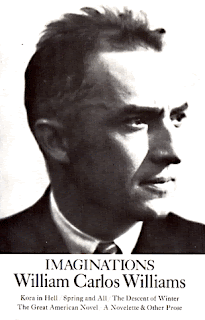"...the Imagination (or love, or sympathy, or any other sentiment) induces knowledge, and knowledge of an 'object' which is proper to it..."
Henry Corbin (1903-1978) was a scholar, philosopher and theologian. He was a champion of the transformative power of the Imagination and of the transcendent reality of the individual in a world threatened by totalitarianisms of all kinds. One of the 20th century’s most prolific scholars of Islamic mysticism, Corbin was Professor of Islam & Islamic Philosophy at the Sorbonne in Paris and at the University of Teheran. He was a major figure at the Eranos Conferences in Switzerland. He introduced the concept of the mundus imaginalis into contemporary thought. His work has provided a foundation for archetypal psychology as developed by James Hillman and influenced countless poets and artists worldwide. But Corbin’s central project was to provide a framework for understanding the unity of the religions of the Book: Judaism, Christianity and Islam. His great work Alone with the Alone: Creative Imagination in the Sufism of Ibn ‘Arabi is a classic initiatory text of visionary spirituality that transcends the tragic divisions among the three great monotheisms. Corbin’s life was devoted to the struggle to free the religious imagination from fundamentalisms of every kind. His work marks a watershed in our understanding of the religions of the West and makes a profound contribution to the study of the place of the imagination in human life.Search The Legacy of Henry Corbin: Over 800 Posts
Friday, March 27, 2009
Imaginations
 In his 1923 essay Spring and All William Carlos Williams wrote
In his 1923 essay Spring and All William Carlos Williams wrote(W)e are beginning to discover the truth that in great works of the imagination A CREATIVE FORCE IS SHOWN AT WORK MAKING OBJECTS WHICH ALONE COMPLETE SCIENCE AND ALLOW INTELLIGENCE TO SURVIVE
Many students of Henry Corbin will find much of real interest in this work by Williams, available from New Directions in Imaginations. I was reminded of this piece today by the excellent new post by Ron Silliman that I recommend to everyone. (Silliman's blog is a wonderful resource for anyone with an interest in poetry, contemporary & otherwise).
Subscribe to:
Post Comments (Atom)








Williams as Sufi. I am intrigued! Will look afresh.
ReplyDeleteWas wondering if, in regard to modern poetry, you were familiar with the anthology of 20th century Turkish poetry, edited by Murat Nemet-Nejat, called Eda. His interest is in what he calls a godless Sufism, which he locates in modern Turkish poetry.
Also, do you have any suggestions about modern Iranian poetry, places where poets might be working in ways or terms that are consonant with Corbin's work?
The anthology looks interesting - & no I can't help with Iranian poetry but someone else perhaps can.
ReplyDelete